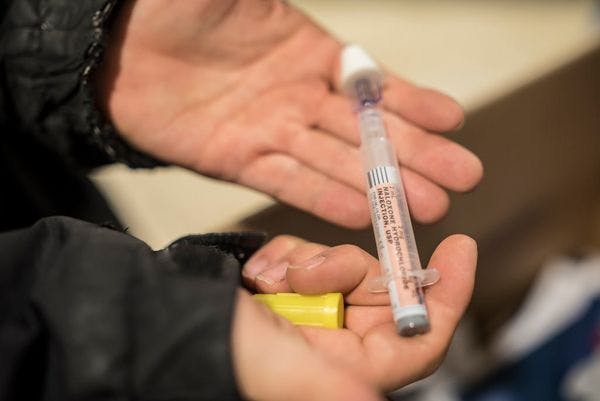Fear of police stop and search can deter opioid users from carrying anti-overdose kits
By Andrew McAuley & Liz Aston
The levels of fatal overdose in the UK are catastrophic. More than 4,500 people died of a drug-related death in 2017 alone. In Scotland, the figure totalled 934, the highest ever annually recorded. Drug mortality rates in Scotland per head of population are roughly two and half times higher than the UK average, and among the highest in Europe. The vast majority of these deaths continue to involve opioids such as heroin, morphine and methadone.
The levels of fatal overdose in the UK are catastrophic. More than 4,500 people died of a drug-related death in 2017 alone. In Scotland, the figure totalled 934, the highest ever annually recorded. Drug mortality rates in Scotland per head of population are roughly two and half times higher than the UK average, and among the highest in Europe. The vast majority of these deaths continue to involve opioids such as heroin, morphine and methadone.
In Scotland, around 40,000 naloxone kits have been supplied to date. Mortality rates among those at greatest risk – people recently released from prison – have plummeted, from roughly 10% to 4% in a decade.
It may be that people who inject drugs are not aware of Police Scotland’s new approach – or they may still feel at risk of being stopped anyway. The reduction in stop and search rates is certainly likely to have been more marked for people in general than for opioid users. This points to an urgent need for the police to reassure people that no action will be taken if they are found carrying the kits – and more generally to raise awareness around the code of practice.
